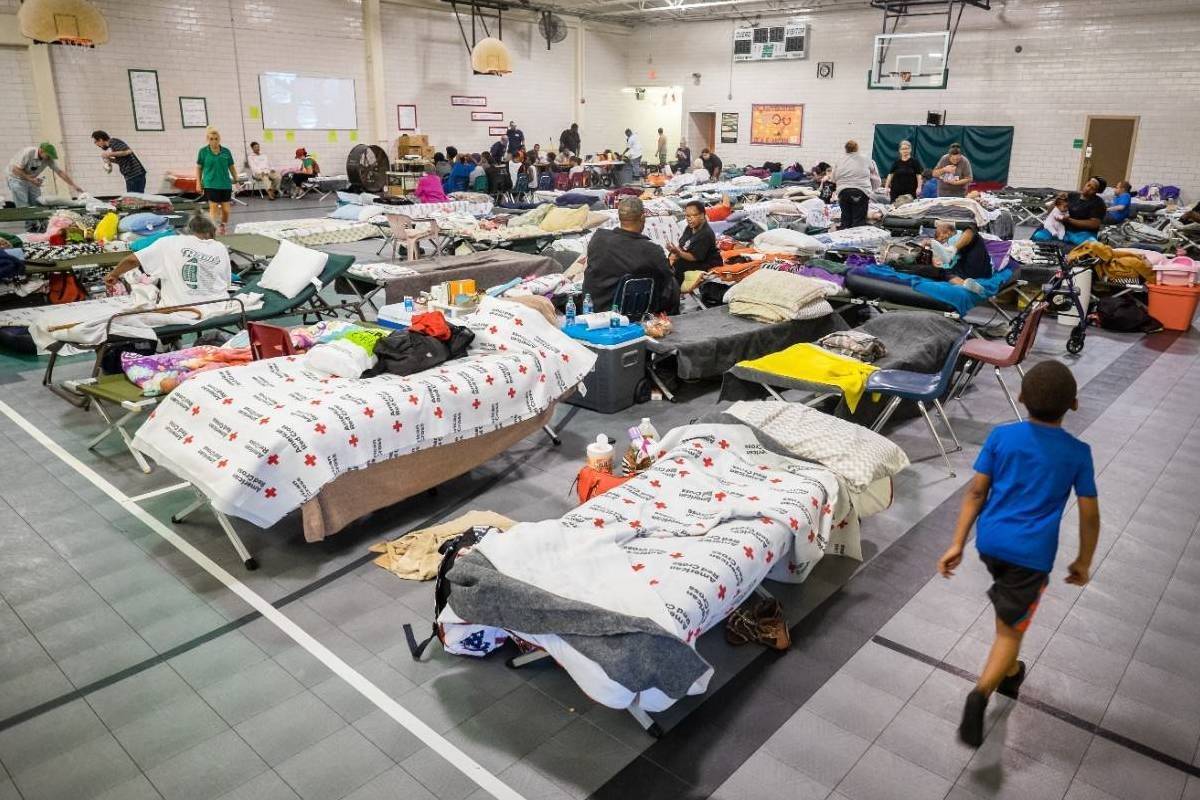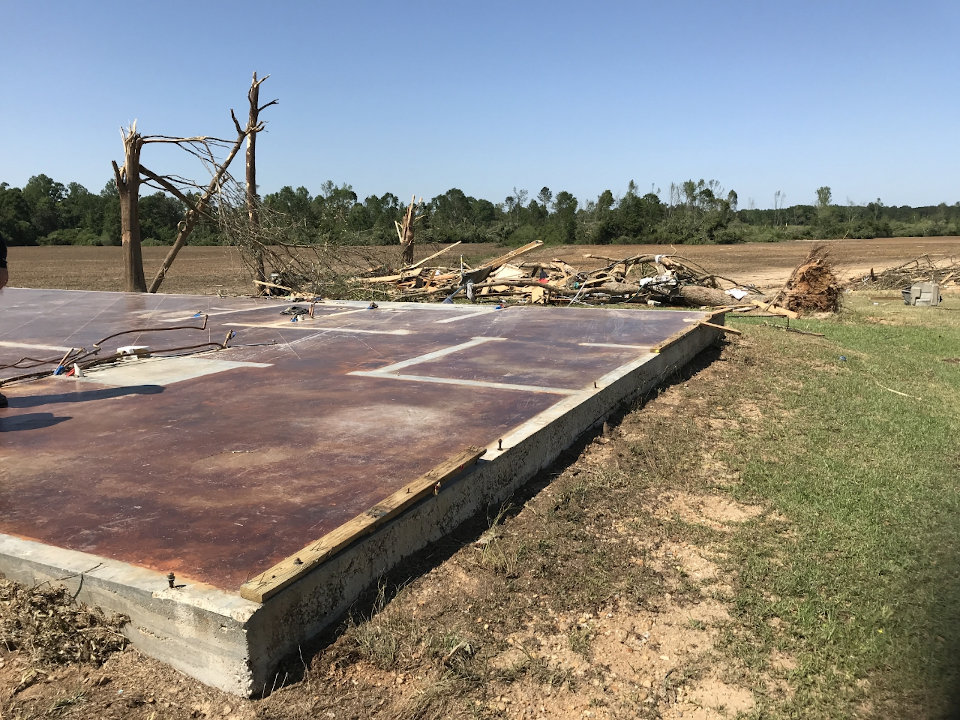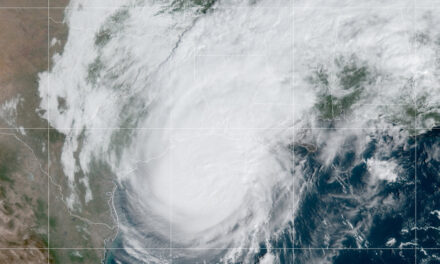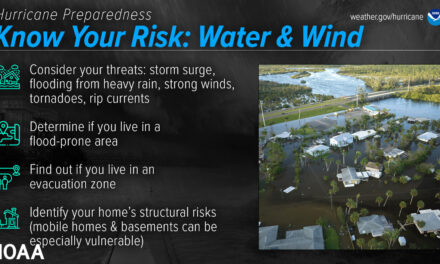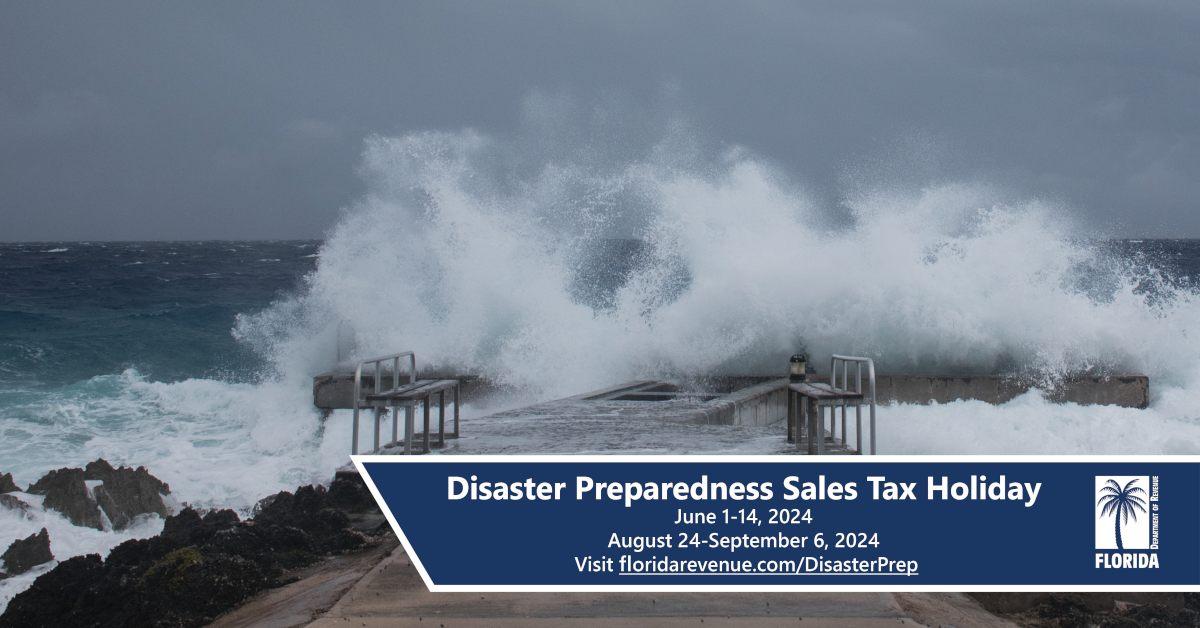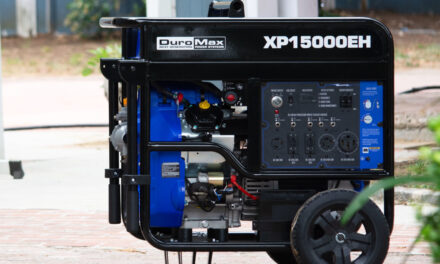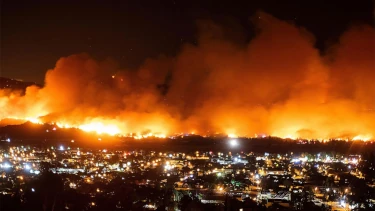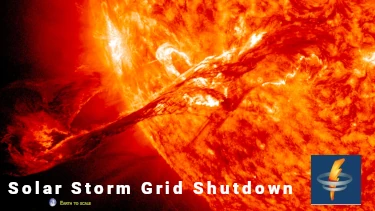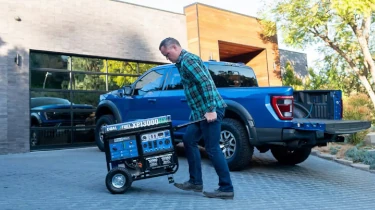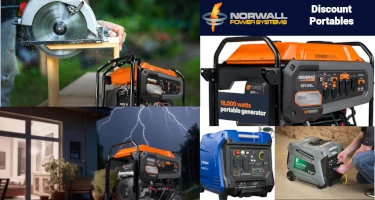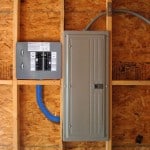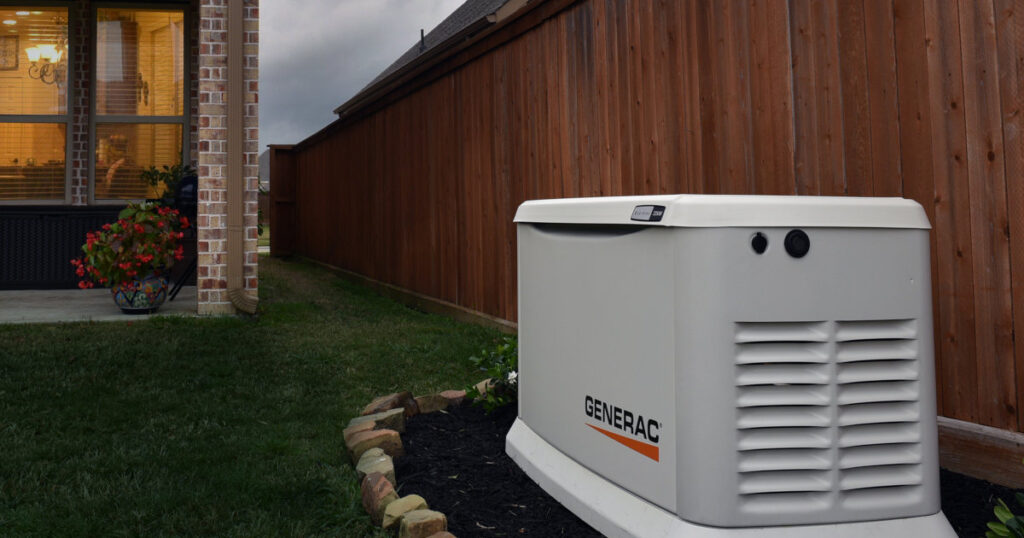A Red Cross disaster shelter set up in a local school gymnasium. How do open-space shelters fit into pandemic social distancing mitigation efforts? Red Cross Photo.
Emergency Shelters vs Social Distancing
New disaster planning issues loom ahead of the 2020 Hurricane Season. Mitigation efforts to stop the spread of coronavirus continue while authorities ponder getting people back to work. How will state or Federal agencies and organizations like the Red Cross shelter large numbers of people during a disaster?
A tornado outbreak over the Easter weekend posed new problems to local governments. The weekend storms took lives, destroyed homes, and left families seeking temporary shelter. Coronavirus mitigation efforts, including social distancing, worked in opposition to available shelter alternatives and further limited options to displaced residents.
After the tornado outbreak, some shelters passed out face masks. Others did not open. The CDC continues to state that face masks may help confine the disease to the person wearing the mask, but do not protect the wearer from others with the virus. An N95 mask requires the proper size and fit to protect against airborne viral contaminants.
In Monroe, Louisiana, the outbreak destroyed about 300 homes. The city scrambled to secure 200 hotel rooms for people displaced by the storms. Most shelters house large numbers of people in one place. Open-space shelters like gymnasiums that house dozens or hundreds of people could result in a new coronavirus outbreak. Louisiana is one of the pandemic hotspots in the United States with over 21,000 confirmed cases of COVID-19 and close to 900 deaths from the disease as of April 13th.
Norwall Emergency and Disaster Preparedness Resources
There's a lot to do and not much time to do it. These checklists help you get it all done.
7 Hurricane Preparedness Checklists Not to Forget
Follow these tips to stay safe in any disaster from hurricanes to tornadoes to winter storms.
Emergency Preparedness Tips
When a disaster like a hurricane threatens, it's easy to get caught up in the news and their messages of impending doom. While it's important to stay informed, remember how to stay safe and prepared.
Disaster Preparedness: Things to Remember when Disaster Threatens
There are right ways and wrong ways to use a portable generator when the power goes out. Never use one indoors, for example.
How to Use a Portable Generator for Emergency Power
Carbon Monoxide Poisoning. Electrocution. Fires. Shocks. Burns. Follow these safety rules when using a portable generator to keep your family alive, safe, and healthy.
Portable Generator Safety Rules to Live By
It just makes sense. When a disaster strikes, the power could be out for days or even weeks. Following Hurricanes Katrina and Sandy, some utility customers went more than a month without power.
FEMA Recommends Backup Power Source for Emergency Preparedness
Get ahead of the storm with these
Top 10 Tips to Survive a Hurricane Disaster
Hurricane Preparedness starts with an assessment of the risks to your family and home based on where you live, how your home was built, and what your options might be during a hurricane.
Hurricanes Preparedness: Know Your Risks Make Your Plans
Put together your plans after you assess the risks. Then build disaster kits for your home, vehicles, and individual members of your family. Food and Water are important. So is a full tank of gas and an evacuation plan.
Hurricane Preparedness: Disaster Planning and Preparation
Is your home ready for the extreme winds and other hazards? You can reinforce your home's structure to help it survive a hurricane. Window and Door coverings will help keep the roof on.
Hurricane Preparedness: Prepare Your Home Against a Hurricane
You've assessed your risks. Made some plans. Built some kits. Your home is ready for nature's worst. Complete your hurricane preparedness disaster plan.
Hurricane Preparedness: Your Completed Disaster Preparation Plan
The time may come when authorities issues mandatory or voluntary evacuation orders. Voluntary orders may turn into mandatory orders. If you have a plan to evacuate when it's time to go, you won't spend precious minutes gathering items or figuring out a route or destination.
Hurricane Preparedness: Create a Home Emerergency Evacuation Plan
Electrical Power went from a convenience to a necessity in less than a century. A short power outage is no big deal, but a few hours without power makes life difficult and sometimes dangerous.
How to Prepare for a Power Outage
Winter weather can turn dangerous in a hurry. It doesn't even have to drop below freezing to become uncomfortable or deadly if you're not prepared.
Winter Weather Safety
Life is better when you're prepared with a plan and the items you need to survive when bad weather hits. From blizzards to ice storms, how you prepare ahead makes all the difference between living in comfort or struggling to survive.
Winter Emergency Preparedness Checklist
The concrete slab is all that remains of a home in Cantwell, Mississippi after the April 12-13, 2020 Easter Weekend Tornado outbreak across the Southeast United States. NWS photo.
A New World-Wide Coronavirus Reality
Images of shelters present a terrifying scenario. One or two people carrying the disease without symptoms could infect hundreds of others. Confined environments like cruise ships present a high-risk environment for spreading the virus. The same risk could extend to disaster shelters and hotels used as shelters without the right precautions.
Six weeks from now, the June first start of the hurricane season could magnify the problems faced by shelters and mitigation controls like social distancing. As hurricanes approach the United States Coast, local authorities may issue evacuation orders. People will leave their homes and seek local shelters. Others move inland away from the hurricane to hotels or the homes of families and friends.
Shelter risks may prompt some individuals to stay home instead of evacuating. Others will join hundreds to thousands at shelters or seek inland hotels—an option not much better than passengers faced on the cruise ships. The idea of self-isolating a family of four in a hotel room sounds more like a prison sentence. How will open-space shelters enforce social distancing measures?
The 2020 Hurricane Season
Hurricane Isabel Photographed from the International Space Station by Astronaut Ed Lu. NASA photo.
Colorado State University Tropical Meteorology Project publishes hurricane season outlooks in December and April, well ahead of the upcoming season. The 2020 reports indicate an above average season that includes eight hurricanes and four major hurricanes. A 69 percent chance exists for a major hurricane to make landfall along the U.S. Atlantic and Gulf Coasts.
Any landfalling hurricane or tropical storm has the potential to displace hundreds to thousands of residents. Tropical storms and hurricanes cause widespread flooding and power outages that can last weeks. Entire communities devastated for months and years to come.
In the new age of social distancing, limited options for shelter ahead of and following a disaster may leave some without a place to go. Local, state, and Federal agencies must plan for a disaster with mitigation strategies that minimize the risk of creating a new COVID-19 outbreak.
The Coronavirus Pandemic is a disaster of global proportions that caught most people in the United States and throughout the world unprepared. Everyone should Plan and Prepare for a Disaster before the next hurricane, tornado, or pandemic strikes their home, community, or the United States. In the new Coronavirus pandemic reality, relying on your own stores of food and supplies, a well-prepared shelter, and a source of electric power may prove the most viable option available.

